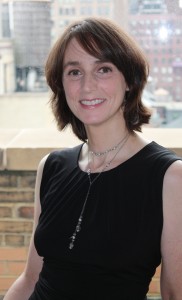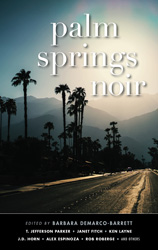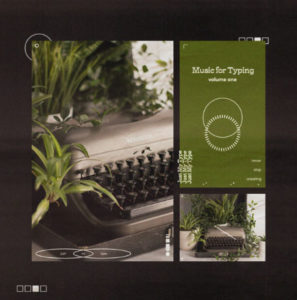 Kelly Caldwell has written for Newsday/New York Newsday, House Beautiful, Time Out New York, The Writer, Men’s Journal, The Huffington Post, and others. One of her essays was named a Notable Essay by the editors of the Best American Essays series and anthologized in If These Walls Could Talk: Thoughts of Home. She teaches creative nonfiction classes and is also associate dean of the Gotham Writers’ Workshop.
Kelly Caldwell has written for Newsday/New York Newsday, House Beautiful, Time Out New York, The Writer, Men’s Journal, The Huffington Post, and others. One of her essays was named a Notable Essay by the editors of the Best American Essays series and anthologized in If These Walls Could Talk: Thoughts of Home. She teaches creative nonfiction classes and is also associate dean of the Gotham Writers’ Workshop.
I sent Kelly a few questions about writing via email and here’s what she said:
What drew you to nonfiction?
Partly, it was that I had such fun writing for my middle school and high school newspapers. When it became clear to my parents that I was going to make writing my vocation, they steered me toward journalism, thinking it would be stable and it would prevent me from going into creative writing and ending up in an unheated garret somewhere, dying young of tuberculosis.
But there’s more to it. True stories have their own unique power to reach people, to inspire them and move them. I think I sensed that even when I was writing about bake sales for my middle school paper. And that’s the part that motivates me even now.
You have experience in journalism as well as narrative nonfiction including essays. What’s the difference for you?
Well, there’s a lot of overlap. A lot of journalism, which is reported nonfiction writing, is also narrative nonfiction. Personally, I believe essays are nonfiction where reflection by the writer is central to the piece. It’s like the difference between Joan Didion’s On Morality and Where The Kissing Never Stops. On Morality has some research to it, but it is really an exploration of her thinking, whereas Kissing, Didion’s profile of Joan Baez, includes some reflection and is driven by her point of view, but they are not what, ultimately, the story’s about.
What changes in publishing have been most life altering or perspective altering for you (since you started freelancing)?
In 1987, I submitted a story to an editor via the Internet for the first time. It felt somehow miraculous to me. It still does.
With print magazines paying less and buying less, do you think online-only publications are picking up the slack?
Online publications certainly are creating an incredibly diverse literary marketplace – no matter your subject or your voice, there’s probably a place for you to share your work and be read. But financially, in terms of creating more ways for freelance writers to make a living, no, online publications have not picked up the slack, not yet.
I don’t have any specific stats at my fingertips, but I do know that a couple of years ago, Sara Horowitz of the Freelancers Union put out a paper that said nearly half of all freelance workers earn their living from two or more categories of work. She was talking about all freelancers, not just writers, but that squares with my experience. Even writers who routinely publish in paying markets are also working in other areas to make ends meet.
It may not be that way forever, though. As radically as the media industry has shifted in the last 15 years, it could shift again. And who knows what that will mean for writers?
I used to love the House Beautiful essay column and I see you’ve got a piece in the anthology edited by Elaine Greene. Those essays were so moving. What moves you to write an essay and do you need to know the theme when you begin?
I almost never know the theme of an essay when I begin. I start with an idea, and I excavate the meaning as I go. Roger Rosenblatt says the essay is the story of an idea, and I wholeheartedly agree with that.
What I tell my students is you need just one thing to start an essay: An idea you feel moved to write about. That’s where I start.
By the way, I’m so glad you enjoy those House Beautiful essays as much as I do, Barbara! Elaine Greene is a terrific editor, and I feel lucky to have worked with her.
You teach creative nonfiction at Gotham, where you are also associate dean (and where I also teach). What’s the difference between creative nonfiction and essays?
Essays are a form of creative nonfiction, which is a category that embraces a vast ocean of writing: Explanatory journalism, biographies, lyric essays, opinion pieces, open letters like Martin Luther King Jr.’s Letter From A Birmingham Jail or Naomi Shahib Nye’s To Would-Be Terrorists – they’re all creative nonfiction. To borrow from Lee Gutkind, it’s creative nonfiction if it’s a true story, well told.
Is there any advice you’ve received along the way that you will always remember, that you’d also like to pass on?
Yes, it’s advice my teacher Roger Rosenblatt gives to his students, and which I now give to mine: Go to hell.
By that he meant, don’t be afraid to look at the chaos within yourself. Face it, plumb it, use it.



 Support Indie bookshops and this site by purchasing books through my BookShop
Support Indie bookshops and this site by purchasing books through my BookShop
